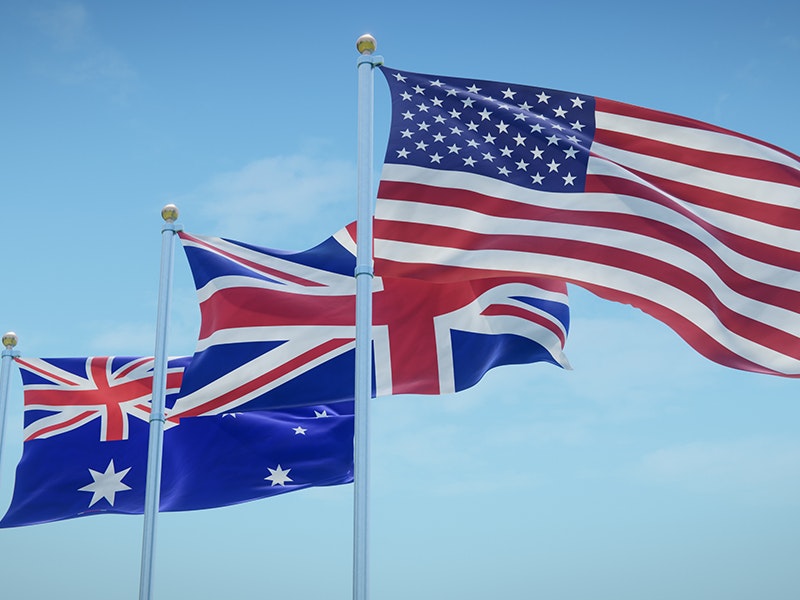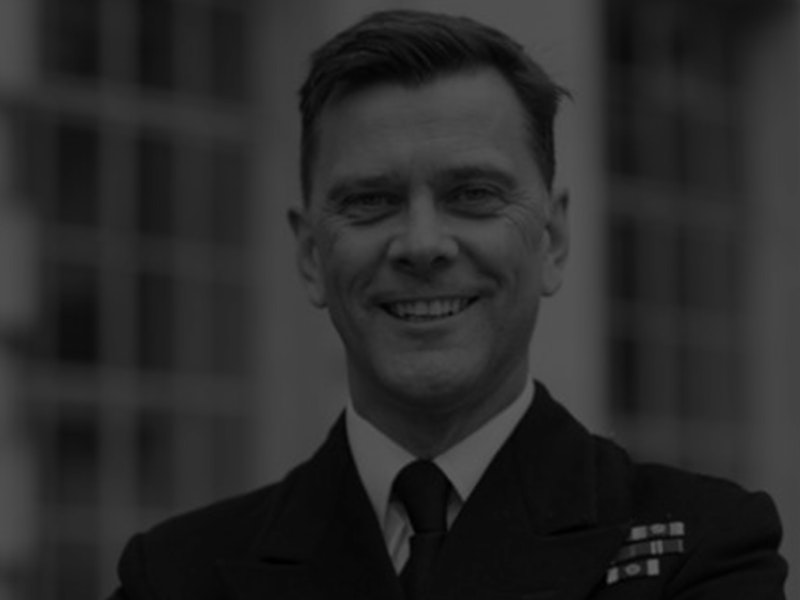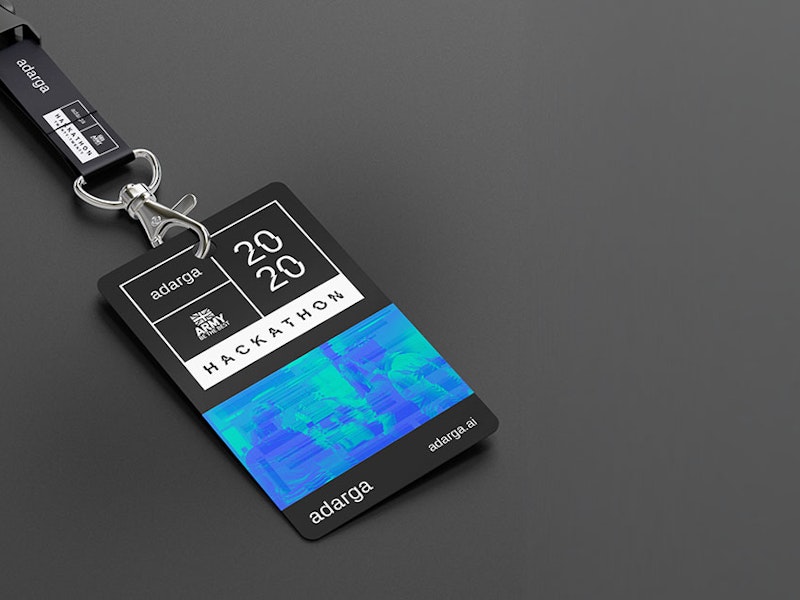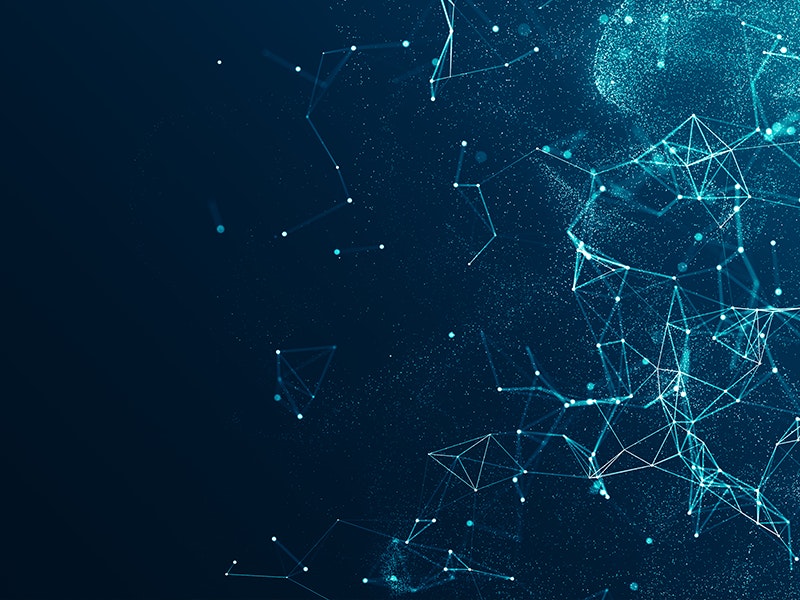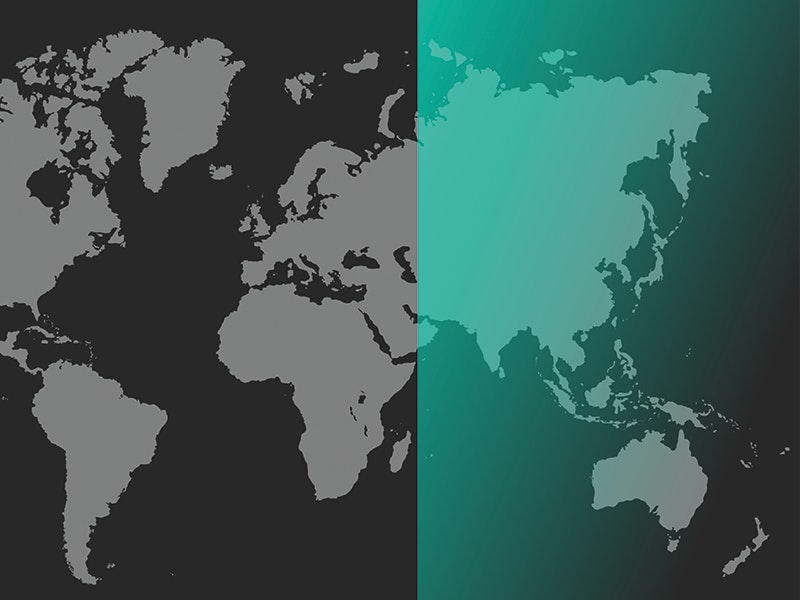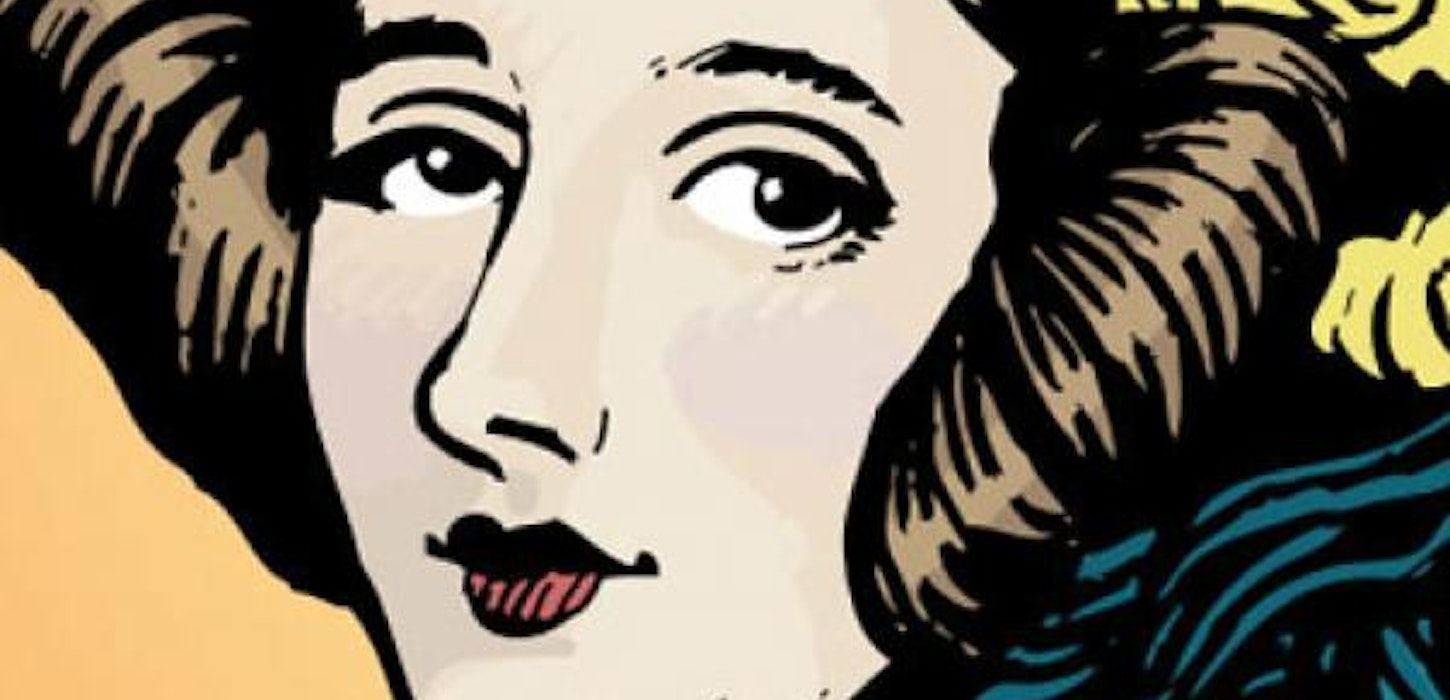
Ada Lovelace Day at Adarga
Today is Ada Lovelace Day and so here at Adarga we taking some time to celebrate and recognise women in STEM - starting with interviewing the women who work here about their STEM heroes and herstories.
Who are your STEM heroes and why?
• Rosie the Riveter for being hard as nails, a skilled mechanic and for generally being an icon of women's emancipation.
• Growing up, I really admired Helen Sharman for her work as an astronaut and her ability to do many different things (photographer, chemist, technician...)
• Carl Sagan. I love Astronomy and as a child, he was an inspiration.
• Marie Curie because of her huge influence in both physics and chemistry.
• Growing up, there were not many representations of women doing science and engineering. Maggie Philbin presented TV science shows like Tomorrow's World and Barbara Edwards was the first woman to present the weather on the BBC in 1974, but that was about it.
• Mary Anning, the palaeontologist, gets a mention because, well, dinosaurs.
• These days it is any woman who is prepared to be a visible representation of a scientist and engineer, because they still face visceral and public criticism based on looks and behaviour.
• The first name that comes to mind is Sharon Goldwater - she is a professor of computational linguistics at the University of Edinburgh, who taught the subject on general NLP in my masters degree. I was very impressed by her ability to explain concepts simply, and her interaction with us students during lectures, as well as the extent of her research in NLP and linguistics.
• My Dad. He studied Computer Science and Maths at university. He then taught me how to play on a laptop aged 3 and allowed me time to explore different pieces of software as I grew older. By 10 years old, I was creating a magazine for the girls in my class using Sierra Print Artist. He also sat with me for hours on end as a teenager to help me with Maths homework! I hated Maths, sooo much but he supported me and encouraged me.
• Many of the women who are receiving well deserved recognition from their STEM contributions played a vital role in enabling the tremendous technical advances from which we’re now benefiting. Some of the names that come to mind include Elizebeth Friedman, codebreaker; Florence Nightingale, ‘Lady of the Lamp’; and statistician, Ada Lovelace, mathematician and algorithms; and Radia Perlman, internet pioneer. These women overcame many of the challenges that are still debated today; that is to achieve their full potential. On this basis, I am going to focus on Katherine Johnson, NASA Space Scientist. Katherine was born in 1918 and from the outset she challenged the norm, graduating from university at 18. As a teacher and research mathematician, she co-authored over 25 scientific papers. Katherine worked with female colleagues Dorothy Vaughan and Mary Jackson to deliver the calculations that guided NASA’s 1962 Friendship 7 Mission. in 2015, she was awarded the Presidential Medal of Freedom for a lifetime of work as a pioneering physicist, mathematician and space scientist. As an African American woman, she succeeded in a traditionally male environment in the 1950s – a very rare feat and one that continues to inspire many women.
How did you get into STEM?
• Completely by accident! My background is in film and literature, but I have worked alongside/amongst STEM folks in academia as a writer/communications officer for the last five years.
• Studies at school and Uni.
• Because I wasn't any good at languages or art. I liked doing electronics at school, because the physics teacher who taught us liked playing with electronics and computers and made it fun. I thought I might like to study electronic engineering at university and the careers teacher said, "we haven't had anyone do that before, why don't you try it and come back and tell us what it is like?".
• Through my interest in the quirks of how natural languages work, I started studying linguistics in my undergrad. When it came to choosing a specialisation, computational linguistics seemed most interesting and sensible, both in terms of building skills that would allow me to do research more efficiently, and in terms of having more options in my job search. When I then continued with a Master's in speech and language processing, I knew I wanted to pursue a career with language technologies.
• I'd been working in Health and Beauty sales but a huge part of my role was focussed around recruitment. I loved hiring people and giving them a new opportunity; so, I changed my whole career into recruitment and started out hiring tech roles. I chose to become a Tech recruiter as it was the vertical that interested me the most! Technology is ever evolving so I figured it would never get boring plus, I had an interest in it because of my Dad's career (my two brothers also work in roles associated with STEM!) and my main hobby is music production, so I'm obsessed with the technology associated with that.
• There are a lot of STEM qualifications within my family; both of my grandfathers were engineers, including one studying at Cambridge; my grandmother studied at the London School for Economics; my father had a Masters in mathematics; both of my brothers have Masters in engineering, including quantum physics, and one is now working in the field of AI. However, I took an unconventional route into STEM starting with a Law degree, moving into business development, programme management, account direction and consulting. I now have the privilege of working with my colleagues who have STEM qualifications and communicate how our resulting products deliver value to our customers.
Do you have advice for any young women out there starting out? What do you know now that you wish you'd have known then?
• Women are often portrayed in the media as competitive with each other: but this has never been part of my experience of the world.
• Act with compassion, follow your instincts, question yourself.
• Have courage and don't be afraid to push boundaries. I wish I had known there would be constant study! It doesn't just stop once you get a job. I am always open to learning more about my industry and new approaches.
• There is no right answer, no finish line, no second go round in life. Is it challenging? Is it fun? If not, stop doing it.
• Ask all the questions you think everyone else in the room knows the answer to, chances are they don't, and it's beneficial for everybody to get the reality check.
• Ask the questions you think you know the answer to yourself, but are not really certain about. Often women tend to hold back both questions and answers when many people are assembled, either because they're not 100% certain of the facts they assume, or because they think it's obvious to everyone else and that there is no need to state it out loud, and then get ignored or pushed aside by men who have the same, or a similar idea/answer/question/suggestion. This is not a lack of knowledge, only of confidence.
• A lesson I've learned from male friends is that "fake it till you make it" really is what will get you ahead. Forget about the impostor syndrome. Focus on learning as much as possible whenever the opportunity arises. If you have an idea or a possible solution to a problem, present it with humble confidence: be open for discussion, but show that you believe in it yourself, and be clear about what part of the problem it addresses.
• I think I was/am lucky! My curiosity around technology was nurtured and facilitated from a young age at home. As a child, it didn't cross my mind for one moment that if I grew up and wanted to explore a career in/associated with STEM, I'd be a minority as a woman. So I'd say, surround yourself with like-minded people (and a mentor if possible) who will nurture you, empower you and encourage you to be authentic.
• I’ve worked for, been mentored and sponsored by inspirational leaders throughout my career. I continue to learn from those around me and always enjoy working with clever people. They bring new ideas and help me to see things through different lenses. Combining lots of backgrounds, qualifications and experiences brings diversity into decision making. Diversity creates a greater understanding of the opportunities and threats that face any organisation. The opportunities arising for women studying STEM subjects and pursuing a career are significant. As with any career, listen and learn from those around you and find those that will mentor you.
Who do you think is doing amazing work in STEM now? Who do you admire?
• I admire the work of Breanna Wu, Anita Sarkeesian and Zoë Quinn in fighting sexism in their sector of the industry with incredible resilience.
• The men who are not afraid to query their own behaviour or challenge the status quo.
• Anyone working in the areas of Climate Change and Earth Observation.
• Malala Yousafzai, fighting for the right to an education.
• Greta Thunberg, showing us that science and politics are inextricably linked.
• My daughter, who is studying double maths, physics and chemistry at 'A' Level and taking an A/S in electronics on the side. My son, who is studying computer science at university and becoming politically active.
• All the interns who came through Adarga this summer.
• Dana Lewis - the person behind the DIY open artificial pancreas system, often called OpenAPS, or "closed looping". She has type 1 diabetes, as do I, and back in 2014 she set up a system to make her blood glucose monitor control her insulin pump, so that the amount of insulin could be automatically adjusted according to fluctuations in her blood glucose. OpenAPS is now an open source github repo, with a large community who have developed the system further. It allows other diabetics to have close to automatic control of their blood glucose, without worrying too much about manually adjusting the background dose of insulin. It comes with risk of course, as this system is not provided by, or supported by health care professionals, but she has started a community for tech savvy diabetics who are impatient with the slow-moving, limited technology we are offered from the health service providers. It's great to see how she and the rest of this community is putting pressure on the market for medical equipment, to get up to speed with the type of health care we want existing technology to provide. I'm not "looping" yet myself, but I am excited to see how the support for different pump models is expanding, and hear of other people's experiences with it.
• Harietta Eleftherochorinou who I hired whilst at IQVIA; she now leads their Machine Learning & AI business.
• Adarga's CTO Jason Atlas, he is massively passionate about driving diversity and inclusion in STEM!
• With women only making up 24% of STEM jobs, Allyson Kapin, has a key role in attracting more women not only to study STEM subjects, but to also pursue a STEM career. She promotes women-led start-ups and mentors female entrepreneurs. Through an alliance model, she run events across the world and provides access to capital. Through Allyson's work, we are creating the environment to transform the STEM industry; attracting new talent to the industry and retaining that talent.
Is there anything else you'd like to add?
• I try not to be a hindrance, even if I don't make it better. And get out of the way of a 16 year old girl with a mission and education.
• There will always be people who tell you that you aren't good enough, sometimes, they're genuinely trying to be kind/ constructive and you need to work to improve something! Sometimes, they're wrong and have their own agenda. Usually, when it's the latter there's other people elsewhere who are cheerleading you! Learn to differentiate between the two so that you can ignore the unhelpful stuff! Just do your best and believe in yourself!
Who are you and what do you do at Adarga?
• I'm Emma, Writer in Residence
• Nicola Martin, Head of Quality
• My name is Samantha Funnell, and I am Head of Legal and Business Affairs
• My name is Ingerid, and I am a Data Scientist who works on the NLP capabilities in our software, specifically entity recognition and entity disambiguation
• Head of Talent - Technology & Commercial
• Louise West, Head of Sales and Partnerships



